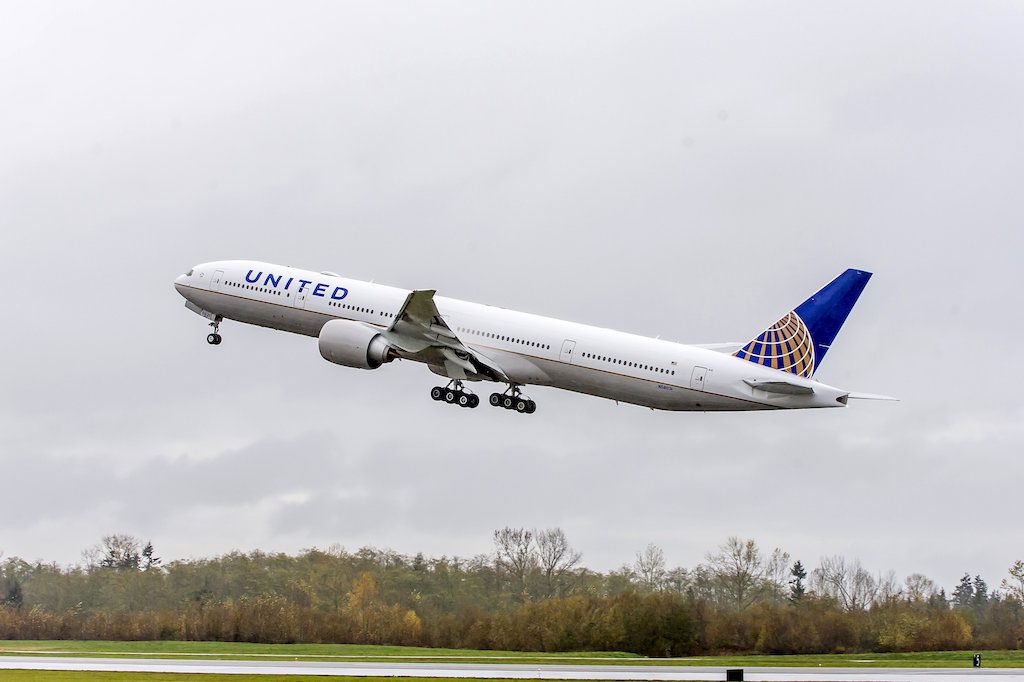Skift Take
Airlines want to do everything they can do hold onto cash. Many of them are in a rough position. But they still have to honor their pre-Covid-19 policies.
Under the Trump Administration, the U.S. Department of Transportation adopted a laissez-faire approach toward regulation, letting airlines set their own policies and procedures for fees and other charges. But even this government has limits.
The regulator again warned U.S. carriers on Tuesday they cannot be so stingy with refunds, no matter how much they want to conserve cash during the worst economic disaster in aviation history. If an airline cancels a customer’s flight, or substantially delays their journey, the carrier owes them a refund within seven days, provided the customer paid the airline directly with a credit card, the DOT said in a notice.
Blane Workie, the DOT’s chief enforcement official, told airlines she was sending a reminder because the government had received a significant number of complaints about a lack of timely refunds. Typically, she said, the DOT receives about 1,500 complaints per month; In March, the government handled about 25,000.
There is some reason for the confusion. The DOT’s pre-Covid guidelines for refunds were murky, and each airline set its own standards for when it would offer them. Most were generous in their interpretations, offering refunds for flight delays as short as two hours, because they were making plenty of money and few customers asked for their money back. Most just wanted to re-booked.
The crisis changed everything. In April and May, many airlines cut as much as 90 percent of their schedules, disrupting the travel plans of many customers. With so many flights gone, airlines could not re-book all of their passengers within a few hours.
Realizing what was about to happen, some airlines changed their guidelines for what constituted a reasonable delay, hoping passengers would not notice. Amazingly, at least one airline also changed its definition of what it meant to cancel a flight, as noted by Gary Leff, a travel industry blogger.
“If United used to operate eight flights a day between two cities,” he wrote, “and now only flies twice a day, they claim they haven’t actually cancelled six flights – or even any flights – because they still fly passengers on the route.”
A United spokeswoman said the airline is reviewing the order.
In Tuesday’s reminder, the DOT told airlines that they had to honor whatever policy they had instituted when the ticket was sold.
Generally speaking, customers who booked before March will have an easier time getting a refund than those who booked in April or later, when many airlines tightened their policies.
“Because ‘cancellation’ and ‘significant change’ are not defined in the context of ticket refunds, airlines may develop reasonable interpretations of those terms,” the reminder said. “However, the Aviation Enforcement Office expects carriers to honor those reasonable interpretations in implementing their refund obligations and will focus its enforcement actions on instances where a carrier has disregarded the requirement to offer refunds, failed to honor its refund policies, or where it is determined that the carrier’s refund policies or practices are otherwise ‘unfair or deceptive.'”
Some Wiggle Room
The DOT made it clear airlines owe passengers nothing if the carrier operates the flight as scheduled. This is true even if the passenger does not want to travel because of health concerns.
Some airlines are offering vouchers to passengers who voluntarily cancel advance reservations, spinning it as a customer-friendly move. Bu these airlines may fear they eventually will cancel the flights and may prefer to offer vouchers in advance rather than cash after the cancellation.
The government is also giving airlines some flexibility with refund timing. It said it will not fine airlines that make a reasonable attempt to offer refunds, even if they miss the seven-day requirement.
“Given the significant volume of refund requests resulting from the COVID-19 public health emergency, processing refunds may take longer than normal and will determine the timeliness of refund processing for ticket agents based on the totality of the circumstances, such as the volume of incoming refund requests and steps taken to address the increased volume,” the DOT said.
The Daily Newsletter
Our daily coverage of the global travel industry. Written by editors and analysts from across Skift’s brands.
Have a confidential tip for Skift? Get in touch
Tags: airlines, coronavirus, covid-19, dot, refunds
Photo credit: A United Airlines Boeing 777-300ER. United Airlines
